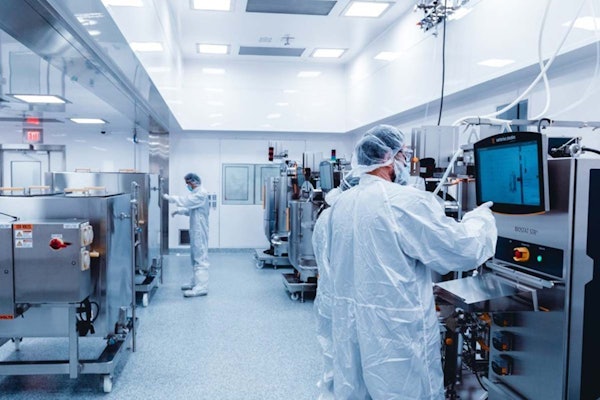
There are a number of diseases that can affect the functionality of the esophagus, the muscular tube that connects the mouth to the stomach, including esophageal atresia, esophageal cancer, and achalasia. It goes without saying that a poorly functioning esophagus is extremely problematic, and even lethal. A recent Future Timeline article contained good news for sufferers of the aforementioned ailments: we can now generate esophageal cells.
In another stem cell breakthrough, scientists at Cincinnati Children’s Hospital Medical Center have used pluripotent stem cells to grow mini versions of human esophagi, a process that takes roughly two months. They believe this is an important step toward improving the survival rate of esophageal cancer, which is currently just 23%.






















